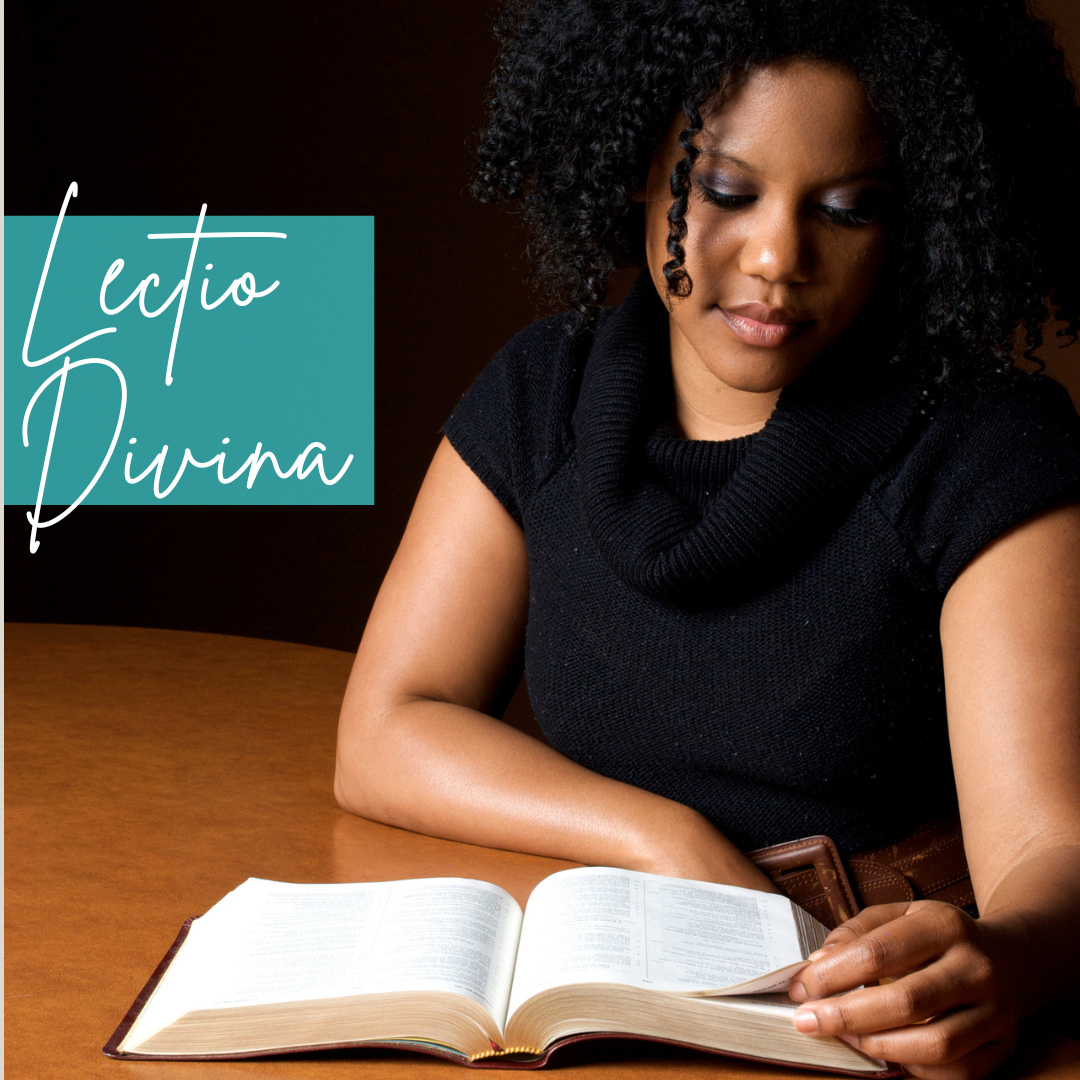Lectio Divina
Summer Sampler 2025: The Spiritual Disciplines That Form Us
What are spiritual disciplines? And why are they relevant to our lives? Spiritual disciplines are purposeful practices that cultivate a deeper, richer, and more intentional relationship with God and others. They are not simply rituals, but tools for growth, transformation, and living a more Christ-like life. Each week in our Summer Sampler we will be exploring one of these disciplines. Our hope is that you’ll discover one or more that are a fit for you and that you can incorporate into your walk with Jesus.
By Janet Aronson
As a child, I loved the Bible stories. They told of far-off times and places. And the people taught us about qualities that were good and noble. Despite the fact that I grew up in a Unitarian church, God was part of the tradition. We had a creed, short though it was, and it included “the leadership of Jesus.” Of course, I had no idea that Jesus was much more than a leader.
The only time I had a glimpse of something bigger was through music. I was in choirs and sang many of the classical requiems. Music stirred my soul as nothing else could. Christmas carols were especially dear to me, and our Christmas Eve service, which told the story from Genesis to the cross, caused me to ponder the story. To me this was what Jesus was all about.
But when we read God’s love letter to us, it’s important to let it soak in, to allow it to speak to us, piece by piece.
A Catholic friend of mine once asked me if I had read the Bible. I blithely said I had, but reading the Bible as history is very different from reading the Bible as a love story. When I accepted Christ at 27, I was determined to read through the whole Bible to try and get a clue about what my Christian friends were telling me.
Have you ever read through the Bible in a year? It seems like you are rushing just to check off a box and move on. As a new believer, it seemed overwhelming. It didn’t give me that joy and sense of awe that music did. I’ve been doing that this year again, and I think it’s important to take in the whole of God’s Word once in a while. But when we read God’s love letter to us, it’s important to let it soak in, to allow it to speak to us, piece by piece.
One method of reading the Scriptures is to “meditate on it day and night” (Joshua 1:8). But what does it mean to meditate, and how can we learn to be more deliberate about our reading? The word meditate may seem scary to some. It brings up pictures of monks in cells or people of other religious practices making mindless noises. Let me assure you that meditation is as old as God’s Word. It was a way to learn Scripture before everyone had their own Bible.
In the Jewish culture, young men were sent to Torah school. They were taught from God’s Word, memorized it, and then meditated on it. We tend not to memorize, thinking that is for kids, but God wants us to hide “his word in our hearts” (Psalm 119:11). So how do we do that? One method is called “Lectio Divina,” or divine reading. It calls us to be actively involved in listening, hearing, and applying the words of God. It sets aside time to pause and ponder God’s love letter, bit by bit, until we truly hear his message to us.
Lectio Divina is divided into six steps: Silence, Read, Reflect, Respond, Rest, and Resolve. These steps allow us to stop and truly listen to God’s Word to us and then to think about it as it impacts our day-to-day living. Rather than taking huge chunks of Scripture, it calls us to take small bites at a time, enjoying them and allowing them to penetrate our overactive lives.
Silence: Take a moment to prepare, quieting your heart to listen to God’s message.
Read/listen: Read the passage aloud. Then read it again. What word or phrase touches you or causes a reaction in you? What do you want to ponder about this passage as it relates to your life right now?
Reflect: Stop for a moment. How am I being touched by this word? How do I sense this word or phrase is addressed specifically to me?
Respond: How will I respond to God’s invitation? What is he inviting me to do?
Rest: Read again. Release and yield yourself up to God.
Resolve: As you continue to listen to the word you have been given, let its meaning go deeper into your soul. Resolve any questions it brings up or any feelings that have been stirred.
Don’t wait! Choose a passage, follow the steps, and thank God for spending this time with you. Praise him as he begins to work in and through you for his purposes.
For more about Spiritual Disciplines, check out the Spiritual Disciplines Handbook by Adele Calhoun.
Janet Fisher Aronson loves to share what she has learned about God and his Kingdom. Her desire is to encourage believers to grow deeper in Christ every day. Her book, “Marking Time with Mark,” came from the daily devotional she writes for her friends on Facebook in a group called Stepping Up: Growing Up in Christ Together. Janet has been journaling her thoughts about God’s Word since she came to Christ in 1976, never imagining that those writings would become a book. Janet received her Master of Divinity degree from Bethel Seminary of the East and is presently the director of Discipleship Ministries at Easton Baptist Church in North Easton, MA.



